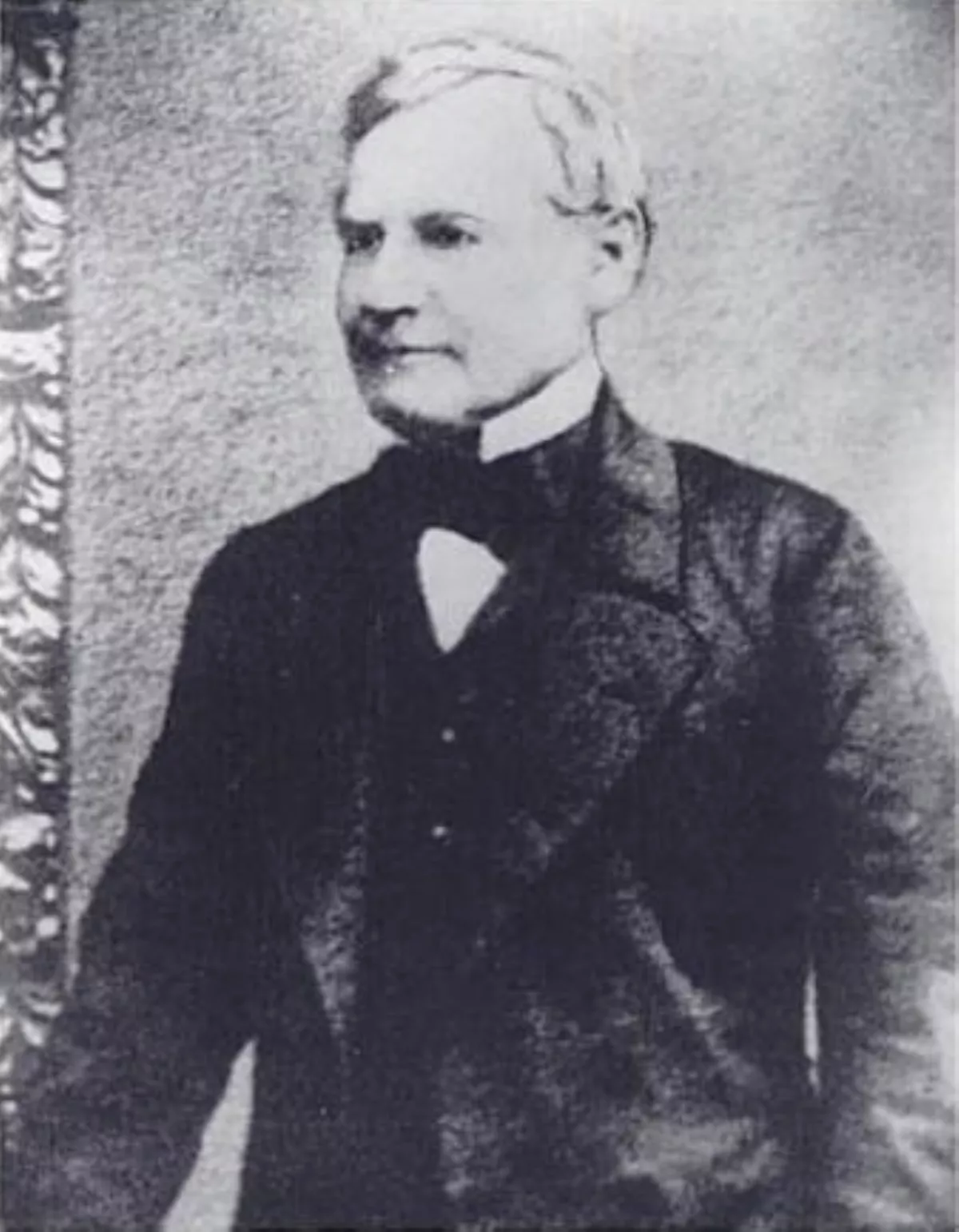 1.
1. Admiral Sir Charles Elliot was a British Royal Navy officer, diplomat, and colonial administrator.

 1.
1. Admiral Sir Charles Elliot was a British Royal Navy officer, diplomat, and colonial administrator.
Charles Elliot became the first Administrator of Hong Kong in 1841 while serving as both Plenipotentiary and Chief Superintendent of British Trade in China.
Charles Elliot was a key founder in the establishment of Hong Kong as a British colony.
Charles Elliot joined the West Africa Squadron and became a lieutenant in 1822.
Charles Elliot met Clara Windsor in Haiti and they married in 1828.
Charles Elliot became Plenipotentiary and Chief Superintendent from 1836 to 1841.
From 1842 to 1846, Charles Elliot was charge d'affaires and consul general in the Republic of Texas.
Charles Elliot served as Governor of Bermuda, Governor of Trinidad, and Governor of Saint Helena.
Charles Elliot was made a Knight Commander of the Order of the Bath in 1856.
Charles Elliot was born in Dresden, Saxony, on 15 August 1801 to Margaret and Hugh Charles Elliot.
Charles Elliot's uncle was Scottish diplomat Gilbert Elliott, 1st Earl of Minto.
Charles Elliot was educated at Reading School in Reading, Berkshire, England.
On 26 March 1815, Charles Elliot joined the Royal Navy as a first-class volunteer on board HMS Leviathan, which served in the Mediterranean Station.
Charles Elliot then served in the East Indies Station for four years under Sir Richard King.
Charles Elliot was brought home to advise the government of administrative problems relating to the Slavery Abolition Act 1833.
Charles Elliot has contributed far beyond what the functions of his particular office required of him.
In late 1833, Charles Elliot was appointed as Master Attendant to the staff of Lord Napier, Chief Superintendent of British Trade in China.
Charles Elliot's position was involved with British ships and crews operating between Macao and Canton.
Charles Elliot was appointed Secretary in October 1834, Third Superintendent in January 1835, and Second Superintendent in April 1835.
Charles Elliot declared via a circular, among other terms, the cession of Hong Kong Island to the United Kingdom.
However, Palmerston recalled Charles Elliot and, accusing him of disobedience and treating his instructions as "waste paper", dismissed him.
On 23 August 1842, Charles Elliot arrived in the Republic of Texas, where he was charge d'affaires and consul general until 1846.
Charles Elliot worked for the abolition of slavery, the establishment of free trade, and a peace treaty between Texas and Mexico.
Since an independent Texas would be advantageous to the United Kingdom, Charles Elliot campaigned against annexation by the United States.
Charles Elliot served as Governor of Bermuda from 1846 to 1854.
Charles Elliot supported the implementation of the mark system by penal reformer Alexander Maconochie in the Bermuda hulks.
Charles Elliot later served as Governor of Trinidad from 1854 to 1856 and Governor of Saint Helena from 1863 to 1870.
In St Helena, Charles Elliot supported botanist Joseph Hooker's plan to culture the Cinchona plant on mountainous parts of the island.
Charles Elliot was made a Knight Commander of the Most Honourable Order of the Bath in 1856.
Charles Elliot died in retirement at Withycombe Raleigh, Exmouth, Devon, England, on 9 September 1875.
Charles Elliot is buried in the churchyard of St John in the Wilderness, Exmouth.
Charles Elliot's wife accompanied him to Guiana from 1830 to 1833, and to China from 1834 to 1841 as well as to all of his subsequent postings around the world.
Charles Elliot is buried at the Heath Lane Cemetery, Hemel Hempstead, where a stone cross bears a worn inscription to her memory.